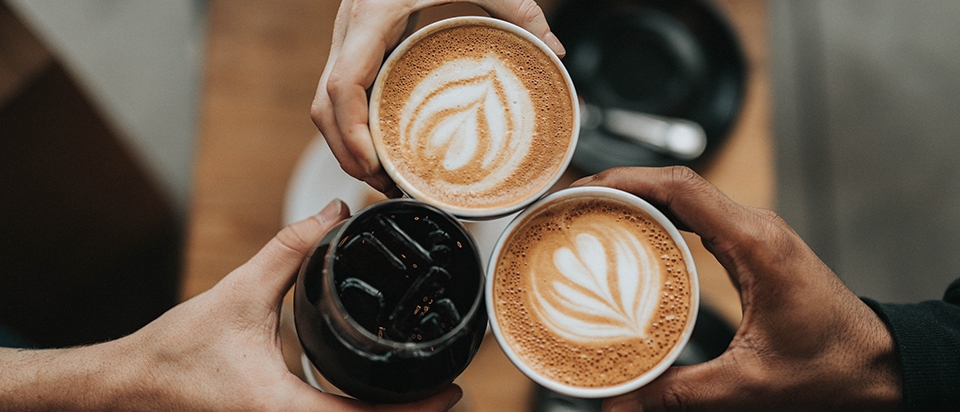
Enter your account data and we will send you a link to reset your password.
To use social login you have to agree with the storage and handling of your data by this website. %privacy_policy%
AcceptHere you'll find all collections you've created before.